Trademark
A trademark is an easily recognizable symbol, phrase, or word that denotes a specific product. It legally differentiates a product or service from all others of its kind and recognizes the source company’s ownership of the brand.
Get a Consultation

trademark search
Trademark searches refer to any action taken for the purpose of determining whether and/or a trademark is used in commerce. Trademark searches can be narrow in scope or can include results from every avenue for trademark protection for every mark that is remotely similar to the mark that is the subject of the search.
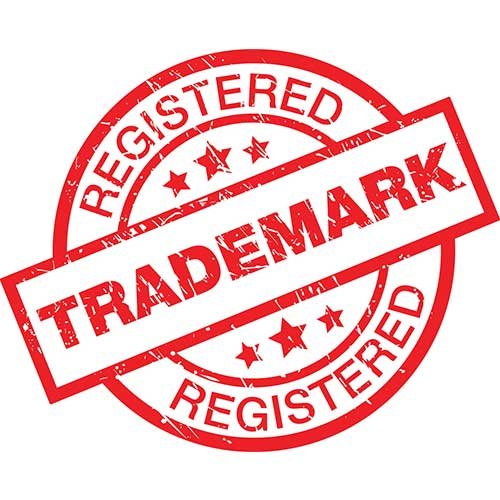
trademark registration
The process to get a trademark registered involves filing of the trademark registration application, examination of the trademark, publication or advertisement of the trademark, opposition (objections) if raised/ found, registration of the trademark and renewal of the trademark after every 10 years.
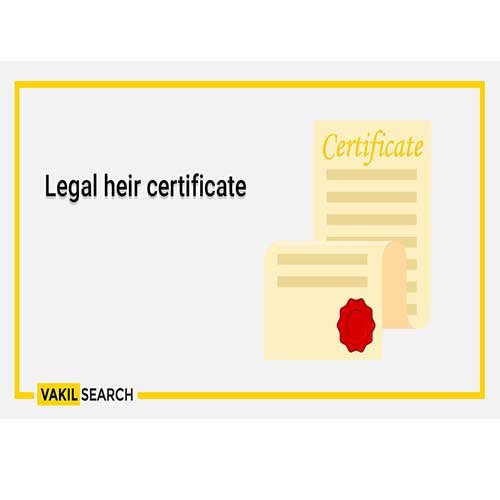
trademark legal heir
All the heirs are the lawful owners of the trademark and no such right for trademark can be claimed by any of the family members against the other. The apex court further held that the peace and tranquility of family in such cases must be maintained and family arrangement should not be disturbed as far as possible.

trademark renewal
Registering your trademark ensures you maintain exclusive rights to the mark. If you don’t renew on time, you lose your rights. Your competitor would be within their full legal right to come in and claim ownership.
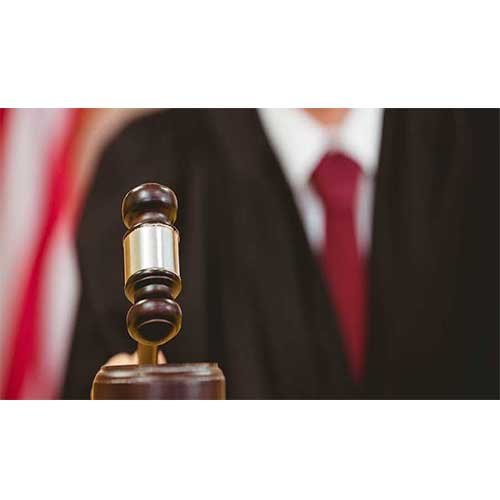
trademark hearing
A trademark hearing is a physical appearance before the registrar of trademarks both in person or by a trademark attorney or trademark agent for removing the objections proposed under review from a report announced after a trademark registration statement or application.
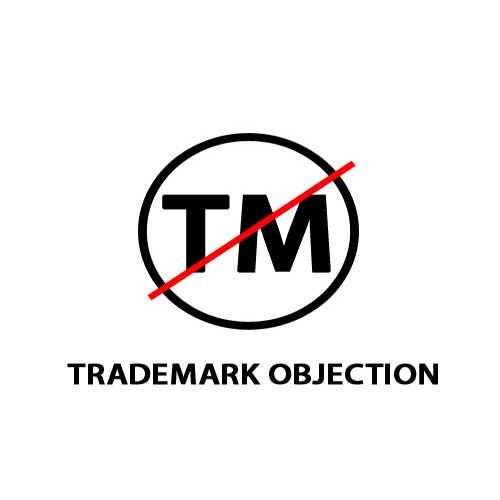
trademark objection
A trademark objection occurs when a trademark examiner, public or a third party objects to the registration of a particular trademark. The Government trademark examiner can object to a trademark registration application by seeking valid explanations about the mark.
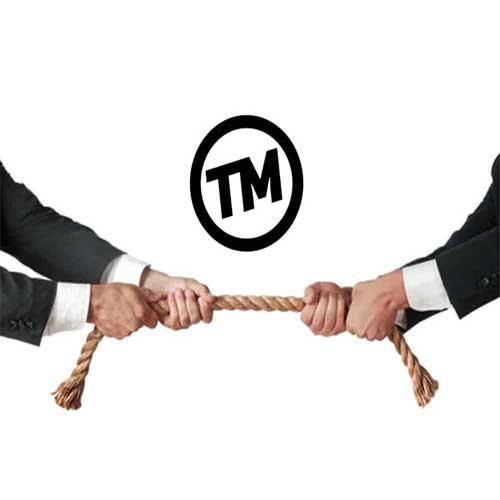
Trademark opposition
A Trademark opposition means an objection filed by third parties, against registration of a trademark within 4 months of the advertisement of the trademark to be opposed. Notably, the person filing the opposition need not have any commercial interest in the matter or a prior registered trademark in the Registry.
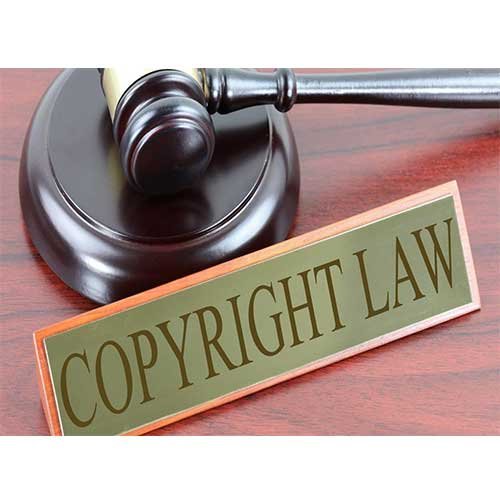
copyright registration
The register of the copyright which contains names, addresses and other documents belonging to the copyright owners is in the custody of the registrar. The register is to serve as a directory to the copyright owners from which members of the public with specific interest can obtain useful information on their works.

designs registration
A design registration is used to obtain protection for the features of shape, configuration, pattern or ornaments. The design may consist of three-dimensional features, such as the shape or configuration of an article, or of two-dimensional features, such as patterns or ornaments.
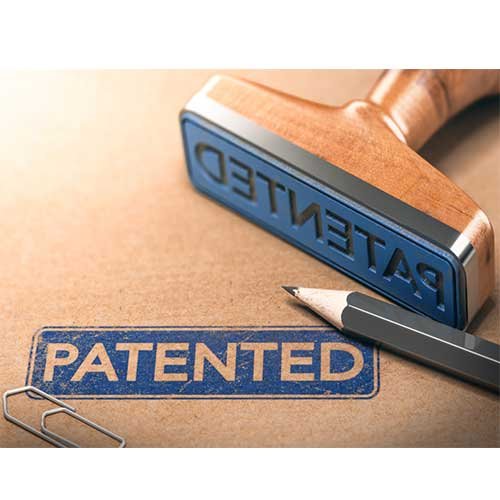
patents registration
Patent Registration is a process under which an application is filed with the prescribed authority in order to register an invention in line with The Patent Act, 1970. With Patent Registration, an inventor will have the monopoly over his/her invention.
